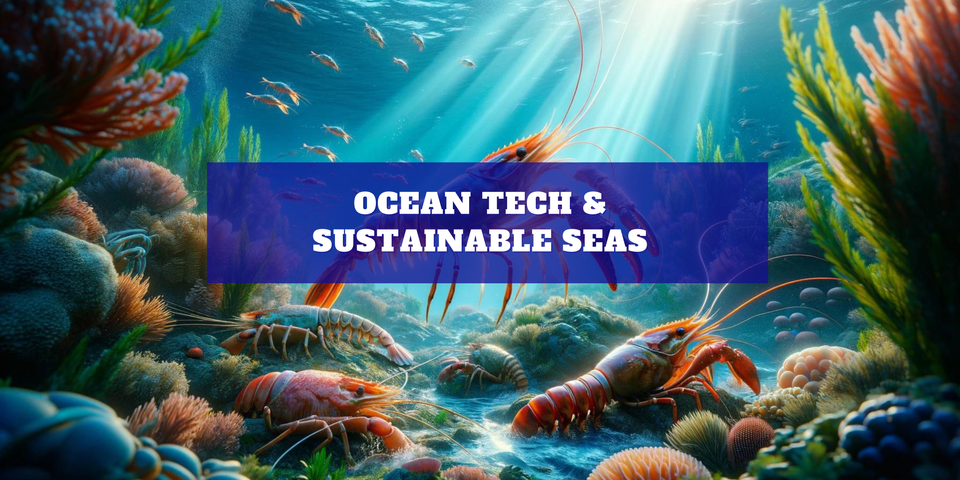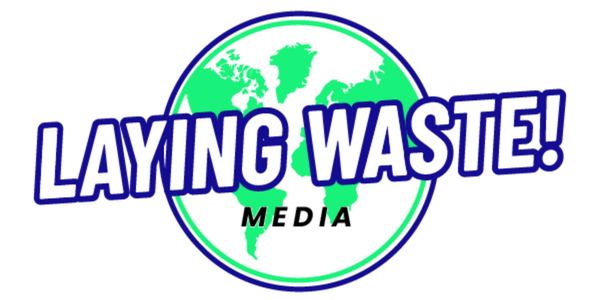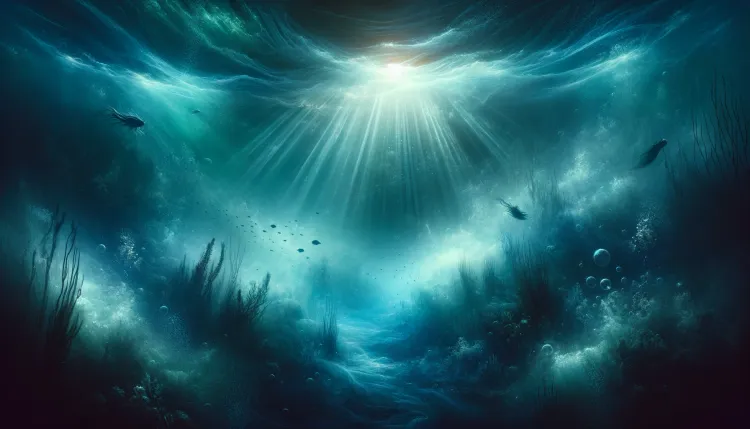What's Up In Waste: Ocean Tech & Sustainable Seas

Welcome back to your weekly dose of inspiring innovation news.
This week, we're exploring Ocean Tech, the innovators tackling Ocean waste, conservation and creating revolutionary sustainable products out of water.
Our oceans are under siege by an onslaught of plastic waste. According to recent stats from UNEP, every year, a staggering 23 million tons of plastic waste finds its way into oceans and seas, disrupting marine ecosystems and threatening the very lifeblood of our planet.
Yet, in the shadow of this challenge, shines the light of innovation. Join us as we explore this week’s fascinating inventions.
First up let’s talk about a home-grown invention that is set to disrupt batteries.
Revolutionary Recyclable Water Batteries 💧🔋
In a remarkable leap forward for sustainable energy storage, researchers at RMIT University collaborating on a global project, led by Distinguished Professor Tianyi Ma, have unveiled a game-changing alternative to conventional lithium-ion batteries.
The team's development of recyclable 'water batteries' stands out not only for its safety, reducing the risk of fire and explosions, but also for its environmental credentials.
These aqueous metal-ion batteries, using water as the electrolyte and incorporating materials like magnesium and zinc, reduces the environmental risks and disposal issues plaguing traditional batteries.
This innovation paves the way for safer, more sustainable energy solutions with the potential for lower production costs and minimised environmental footprint.
The RMIT team has mastered the challenge of dendrite formation, enhancing the batteries' durability and performance comparable to that of commercial lithium-ion counterparts.
These water batteries could become a future viable option for renewable energy storage on a larger scale.
For more details, check out the RMIT news article.
Circular Seafood Waste 🦐
Before you throw your prawn shells in the compost, did you know that it’s shell like other sea crustaceans are rich in chitin.
Chitin is one of nature’s building blocks. It's what makes the hard outer shell of bugs and crabs, kind of like their armor. It also helps mushrooms keep their shape.
This makes seafood ‘waste’ like shells, a valuable resource for recycling into useful products.
At the forefront of this research, the University of Connecticut has developed an eco-friendly method to extract chitin from seafood waste. This could help divert seafood waste from landfills and from floating in the ocean which can cause algae to flourish and impact sealife.
By using chemicals that are present naturally in foods to extract chitin from seafood waste, scientists can turn what would be food waste into something valuable for various applications, like making food packaging, fertilisers, and cosmetics, showcasing the unexpected value in our oceans' depths.
You can read more about their sustainable approach on their news blog.
Source: University Of Connecticut - News
AI for the Oceans 🌊 🤖
OceanMind: The Watchful Protector
Spanning 5 million square meters of marine protected areas, OceanMind is leveraging AI to oversee our oceans' wellbeing. By analysing satellite imagery and maritime data, this initiative combats illegal fishing and supports the enforcement of marine protected areas, proving technology's potential to protect marine biodiversity for the future.
AI Model Training Can Be Thirsty Work🚰🚰
Highlighting the environmental implications of AI's rapid advancement, a Munich RE white paper reveals the significant water consumption involved in training AI models.
“The [AI model] training could “cost” 700,000 litres of clear freshwater, equal to the daily drinking water needs of 175,000 people”
With the demand for AI and data centres skyrocketing, so too does the concern for water and energy usage.
It's a reminder that our pursuit of innovation must be balanced with responsibility.
As we harness AI's capabilities, the necessity for balancing technological progress with environmental stewardship becomes ever more critical, ensuring our innovations foster a sustainable future.
Source: Munich Re - ‘Insuring Generative AI: Risks and Mitigation Strategies’
We hope that the stories, insights, and updates we've shared have added value to your week.
We believe in the power of community and the importance of your voice. Whether you found inspiration, learned something new, or simply enjoyed the read, we'd love to hear from you.
Please let us know if there a topic you'd like to see more of? Your thoughts, suggestions, and feedback are not just welcomed—they're essential.
Thank you for reading this far.
Till next week, keep it greener and cleaner!
Yours,
Team Laying Waste Media





